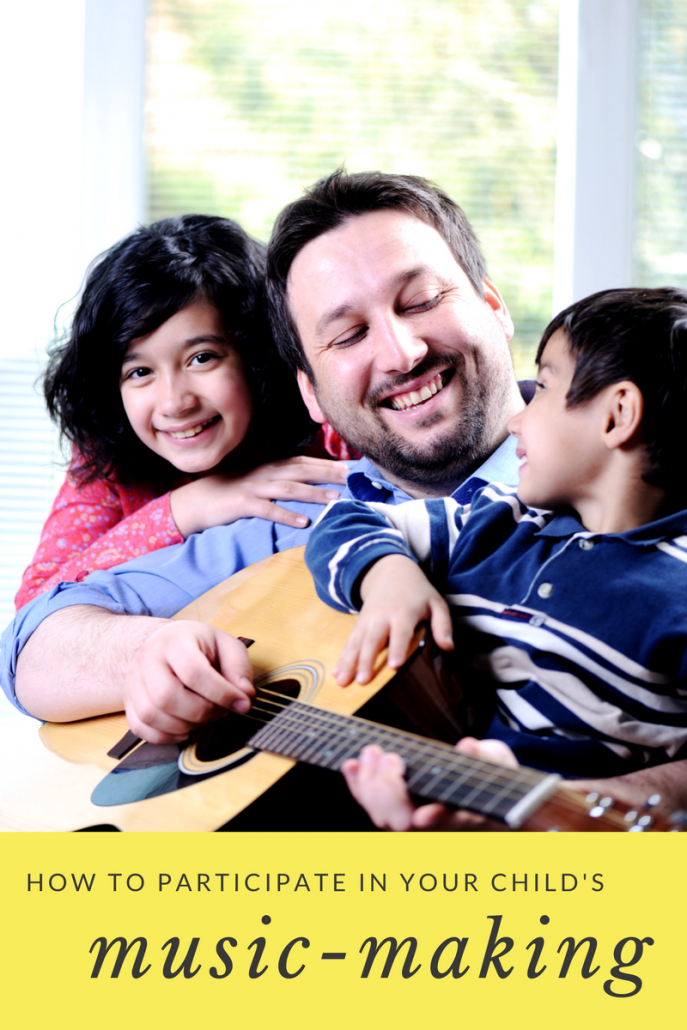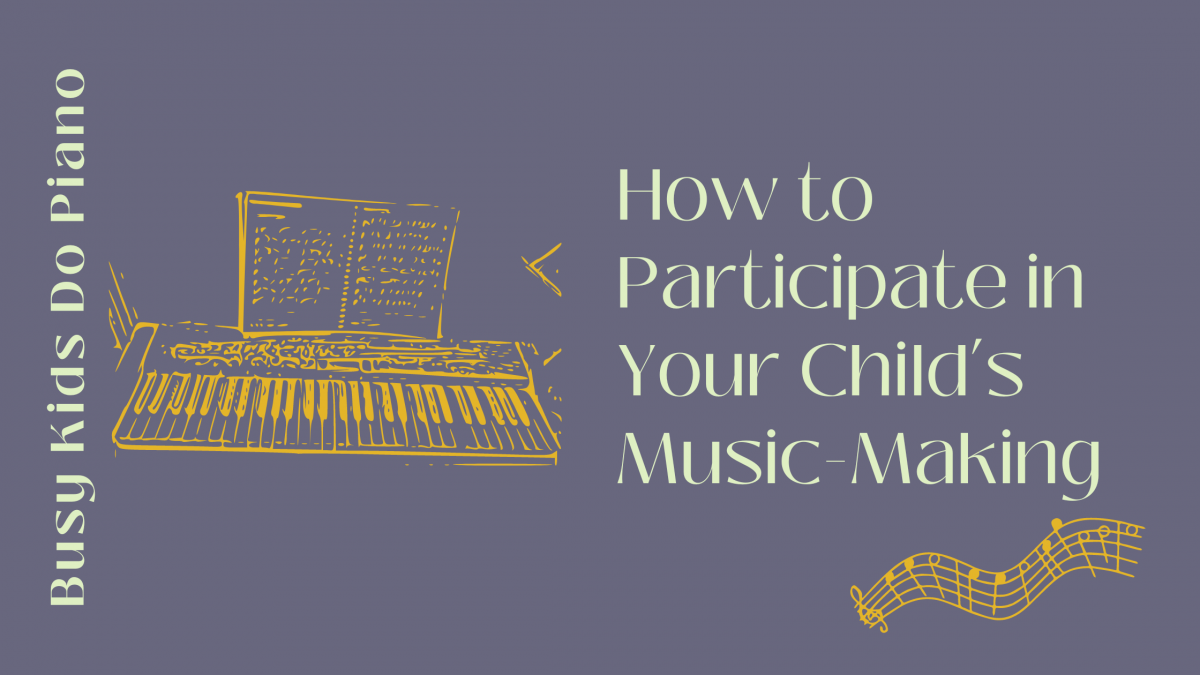So often, parents of students come to me with practicing struggles. They are exhausted from having to nag their child to practice, are running out of incentive ideas or perhaps have let practicing slide for awhile and aren’t really sure how to get back into healthy practice habits.
My goal as a piano teacher (which informs so much of how I set up my online programs) is to always encourage a positive, relational approach to learning to play the piano.
When learning takes place in this way, the results will be long-term and lead to overall enjoyment of the process.
For this reason, practicing and learning to play piano shouldn’t be something your child does completely independent of you. This does mean music lessons are a commitment on your part, but the growth that you will see in your child’s (AND YOUR!) musical learning, along with the benefits to your relationship, are tremendous. This doesn’t mean you need to learn and understand every single thing she is doing. It does mean you can help your child become interested in learning by showing an interest in her practicing.

Here are some ways you can become an active participant in her music-making:
Don’t turn on the TV or make phone calls during your child’s practice time.
Stay engaged! Perhaps you might sit in the room with her while she practices or keep the doors of your piano room open so that she knows you are listening and enjoying her music-making.
Create an enriching musical environment at home.
Have music playing whenever possible (any and all genres that your child enjoys!). Give your child access to instruments — and not just the one he is learning, but rhythm instruments such as tambourines, drums and shakers. Sing & dance together. Watch musical programs and read about musicians.
Attend musical events together.
Our small town offers a fantastic annual children’s symphony that my children love attending, but we also enjoy free outdoor jazz and funk concerts in the summer and acoustic solo artists at the coffee shop. Not only is it fun to attend these events together – but it helps students to understand that music is relevant.
Take an interest in what your student is learning.
For younger students, you may need to oversee your child’s practices to help him work through mistakes and stay focused. But even if you aren’t necessarily “required” to oversee a practice, become actively involved in what your child is learning. Is there an opportunity for you to accompany her on a duet or sing along to what she is playing? Can you ask her to perform what she’s been working on for you? This takes something that might feel like a chore to your child and turns it into a bonding activity.
When your child feels supported by you and can see your excitement and love for what he is learning, you will be amazed at the boost in confidence and motivation that comes along with his musical studies.




